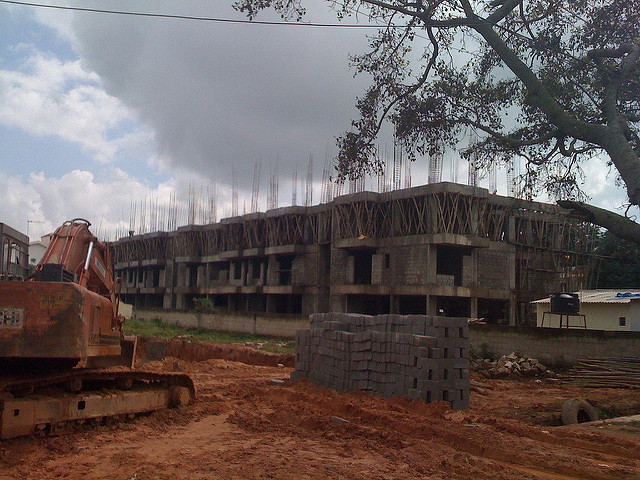Certain developers may have placed an arbitration clause in their sale and purchase agreement or agreements relating to their main sale and purchase agreement. If that is the case, and the buyer has signed the agreement, then the matter will as the parties have agreed, and in accordance with the New York Convention to which Thailand is a signatory, proceed to be dealt with through arbitration.
We have assisted consumers in relation to their claims when they have invested in a property, in one recent arbitration claim in particular – a condominium unit, on the express basis that the unit is for investment purposes. The developer communicated with its buyers about its construction progress, and sent, as many developers do these days, various photos of construction workers looking busy and carrying out works on site.
These updates continued for a while, but then communications became unusually quiet. Our client made enquiries and emails went unanswered. Finally, when he did get a response, it was a generic ‘notice of delay’ due to ‘political problems’ in Thailand. There was no indication of the entire length of time such problems had caused the developer nor any indication of the length of time the developer believed such problems would cause in terms of future delay. There was no detail on what the political problems were or how they could affect the project construction directly.
All of this was most unsatisfactory for our client, who had made investment calculations relating to the timing of a rental income post the long stop completion and delivery date of the unit. Now it wasn’t clear when the unit would be finished or when the project and all the common areas and facilities would be finished.
Our client was patient at first, making polite enquiries and probing for reasoned answers. He was met with prevarication and stonewalling. As an intelligent investor he did not want to be treated like a fool.
After waiting over a year longer than first anticipated, our client was informed the unit was ‘finished’. This was a surprise, because our client was in contact with other owners, who had indicated units were not properly complete and that there were still plenty of works to be done in the common areas. The common area swimming pool had not been tiled, pipes were exposed in ceiliings and the lobby was far from complete. Construction workers continued to use the building, the lifts in particular being generally unusable. Certainly not fit for occupation. Notwithstanding, the developer inexplicably decided to serve demands to complete payments and threatened forfeiture of all monies previously paid unless additional payments were made.
Our client contacted us and asked us to analyse the options available, considering an arbitration clause governed agreements supplemental to the main standard condominium unit sale and purchase agreement.
We provided a full report to our client on his legal rights to claim, and the agreement to arbitrate by the parties. We served notices on the developer and prepared a Statement of Claim. The developer, at that stage, did not play ball.
However, soon enough, the developer received contact that the arbitration institute would require payment to administer the dispute. Although a party may refuse to pay, reaching this stage means the other party is serious.
Suddenly, the developer started to negotiate. A settlement ensued.
It is sometimes necessary to drag the other party to the door of the arbitration proceedings, show them what is inside the door, and the costs that they are likely to incur if they don’t settle if their case is weak.
Arbitration is an unfamiliar process to many, but by keeping calm and staying the course, our client obtained an early settlement.








